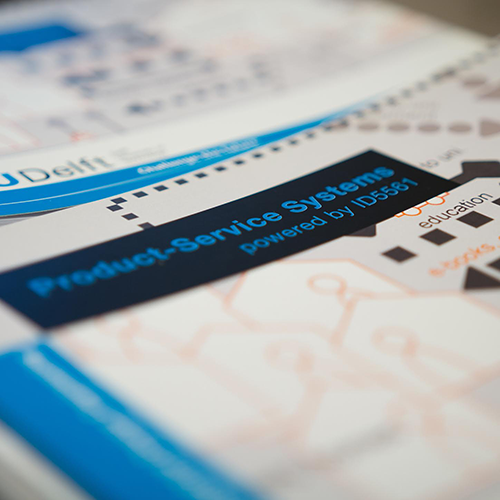Introducing systems-oriented design for complex societal contexts in design engineering education
DOI:
https://doi.org/10.7577/formakademisk.1460Emneord (Nøkkelord):
Systems Oriented Design, Socio-Technical System, Product-Service System, Complex societal context, Low-income energy market, Humanitarian aid, SustainabilitySammendrag
As our society faces large-scale wicked problems like global warming, resource depletion, poverty and humanitarian emergencies, problem solvers are required to apply new reasoning models more appropriate to deal with these complex societal problems. Dealing with these problems poses unfamiliar challenges in contexts with poor financial and infrastructural resources. Systems Oriented Design (SOD) has been recognized in the literature as a promising approach, capable to support design engineers to deal with these complex societal problems. This paper explores the application of SOD in the development of Product-Service System (PSS) concepts by student teams in a multidisciplinary master course. The course resulted in twelve concepts that were analysed using a case study approach with the support of protocol analysis. The analysis results in a description of advantages, context- and process-related challenges of using SOD. From an education point-of-view, the results demonstrate that even though SOD provides students with a broad knowledge base and skills to deal with problems in complex societal contexts, there is still the need to introduce the appropriate scope and depth in the design engineering curricula, making the transition from traditional product design, a challenging one.
Nedlastinger
Publisert
2017-03-14
Hvordan referere
Costa Junior, J. da, Santos, A. L. R. dos, & Diehl, J. C. (2017). Introducing systems-oriented design for complex societal contexts in design engineering education. FormAkademisk, 10(1). https://doi.org/10.7577/formakademisk.1460
Utgave
Seksjon
Artikler
Lisens
- Forfatteren(e) beholder sin opphavs- og kopieringsrett til eget manuskript, men gir tidsskriftet varig rett til 1) å fremføre manuskriptet for offentligheten i den opprinnelig publiserte digitale form, og 2) å registreres og siteres som første publisering av manuskriptet.
- Forfatteren må selv forvalte sine økonomiske kopieringsrettigheter overfor eventuell tredjepart.
- Tidsskriftet gir ingen økonomisk eller annen kompensasjon for innsendte bidrag, medmindre det er gjort særskilt avtale om dette med forfatteren(e).
- Tidsskriftet plikter å arkivere manuskriptet (inklusive metadata) i den opprinnelig publiserte digitale form, i minst ett dertil egnet åpent tilgjengelig langtidsarkiv for digitalt materiell, som for eksempel i de norske universitetenes institusjonsarkiv innen rammen av NORA-samarbeidet.
Verket vil bli publisert OpenAccess med en Creative Commons 4.0-lisens som tillater alle å lese, dele og tilpasse innholdet, også kommersielt, under lisensvilkårene:
Dette verket må tilskrives/ krediteres på riktig måte, en lenke må gis til CC-BY 4.0-lisensen, og endringer som er gjort må angis på en rimelig måte, men ikke på noen måte som antyder at lisensgiveren støtter deg eller din bruk.



